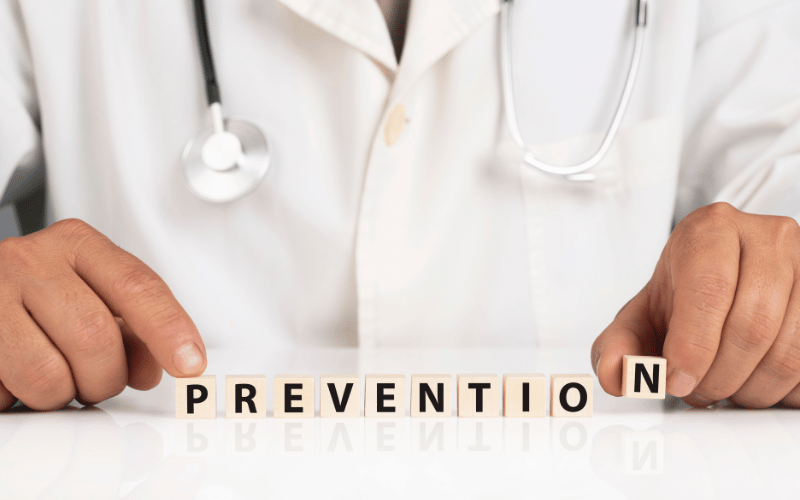Fact 7: Prevention Techniques

The cornerstone of preventing anal fistulas lies in good hygiene, especially in the anorectal area. Our backside might be out of sight, but it should never be out of mind. Thorough and regular cleaning, especially after bowel movements, is crucial. This isn’t just about surface cleanliness; it’s a matter of health. Infections are notorious for setting up shop in less hygienic areas. Ensuring cleanliness can reduce bacterial presence, and, by extension, the risk of developing abscesses, which are often precursors to fistulas. Using gentle, non-irritating soaps and clean water can go a long way. It’s basic, but it works.
Food is fuel, but it’s also medicine. What goes into our bodies can have a profound effect on our well-being, and this includes the health of our anorectal region. A diet low in fiber can lead to constipation, a condition that puts undue strain on the anus and rectum. Over time, this can result in tears, infections, and potentially, fistulas. To combat this, focus on foods rich in fiber, like fruits, vegetables, and whole grains. Not only will these choices promote smoother bowel movements, but they also reduce strain, and subsequently, the risk of complications.
Time is of the essence. The human body has an uncanny way of signaling distress, be it through pain, swelling, or discharge. If the anal region shows any of these signs, it’s a clarion call for prompt medical attention. Early intervention can arrest the progression of many conditions. Abscesses, for instance, can be treated before they evolve into a full-blown fistula. Remember, in the world of medicine, prevention is often easier, cheaper, and less painful than cure.
Chronic conditions like Crohn’s disease or inflammatory bowel disease can be ticking time bombs when it comes to anal fistulas. Effective disease management becomes paramount. Regular check-ups, a strict adherence to prescribed medications, and the willingness to make necessary lifestyle adjustments can dramatically reduce fistula risks. It’s a comprehensive approach, blending medical intervention with lifestyle choices, that ensures the best outcomes.
In the age of information, there’s no excuse for ignorance. Educating oneself about potential risks, recognizing symptoms early, and understanding prevention techniques can be life-altering. It’s not just about doctor visits, though they are essential. Self-education, paired with vigilance about one’s body, can act as the first line of defense. Knowledge empowers patients to make informed choices, catch symptoms early, and liaise with medical professionals promptly. (7)